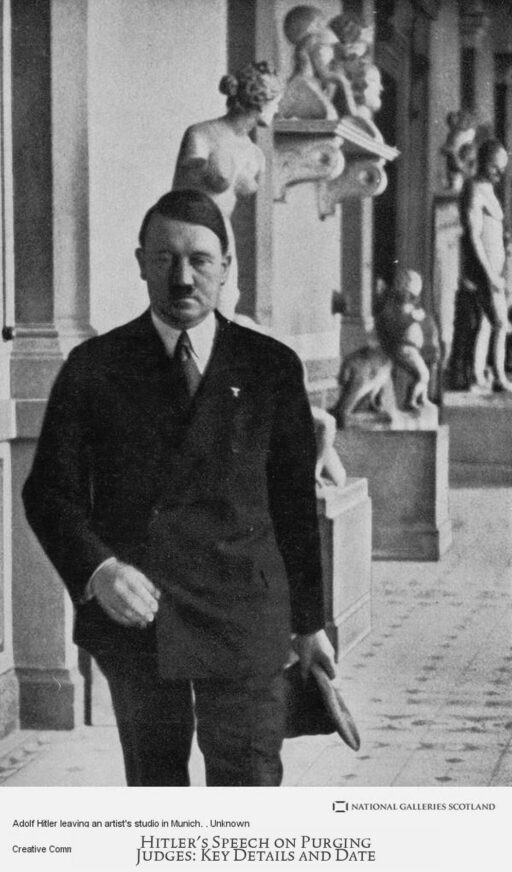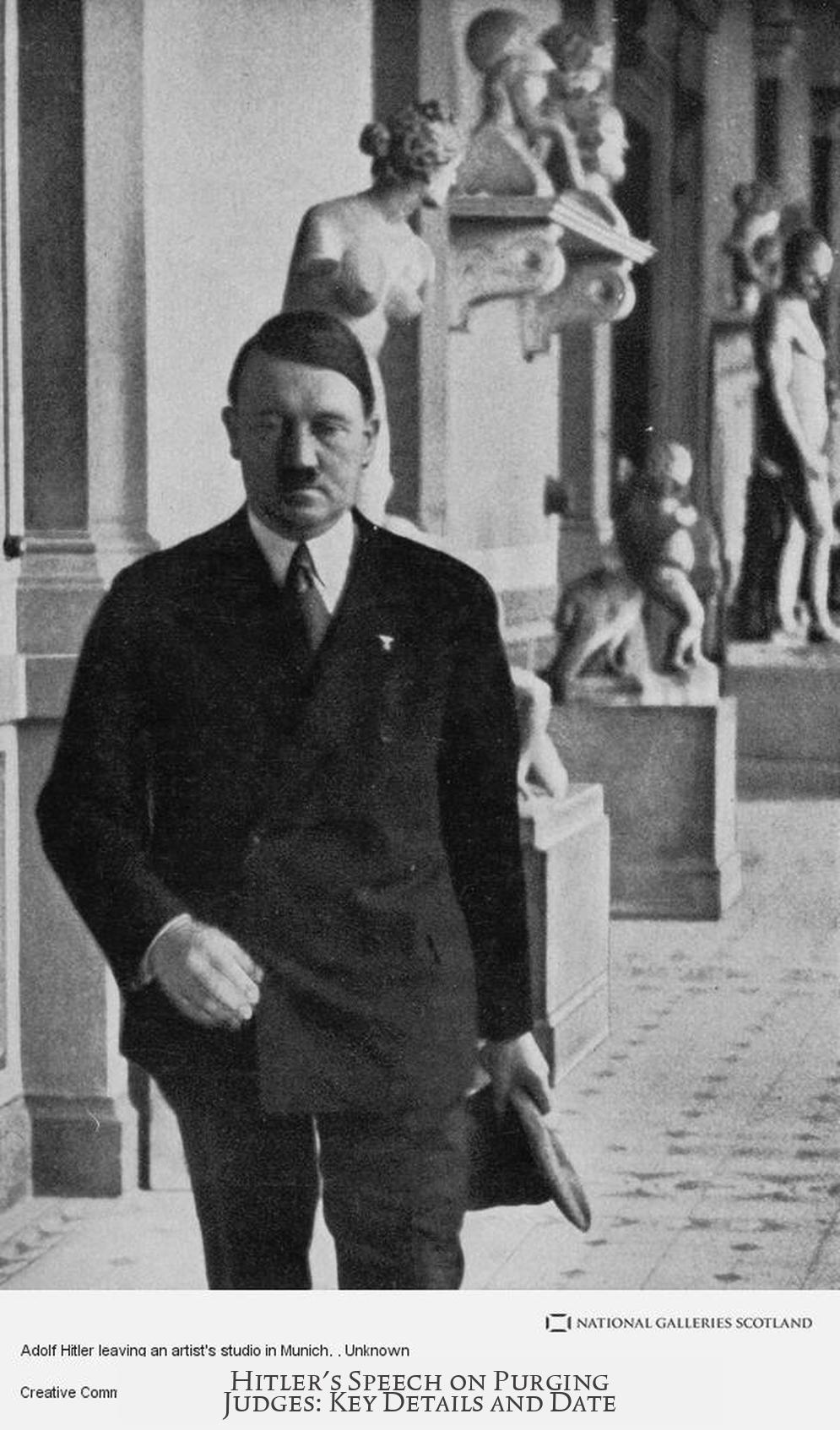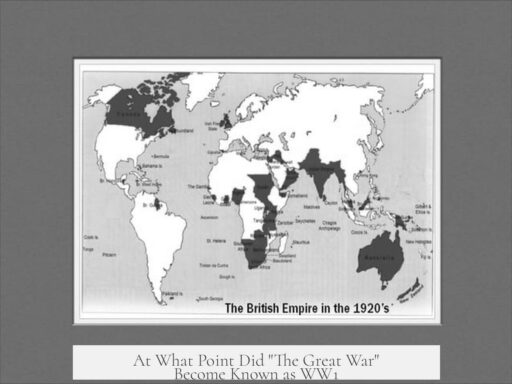Hitler made the speech about removing judges who did not align with his ideology in April 1942. This address to the German legal profession came at a critical moment during World War II. Hitler emphasized that judges must prioritize the survival and strength of Germany over strict adherence to former laws or formal justice. He warned that those judges who did not understand the “demands of the hour” would be removed from office. The speech is documented in Reichstag records and was publicized in the Nazi newspaper Völkischer Beobachter on April 27, 1942.
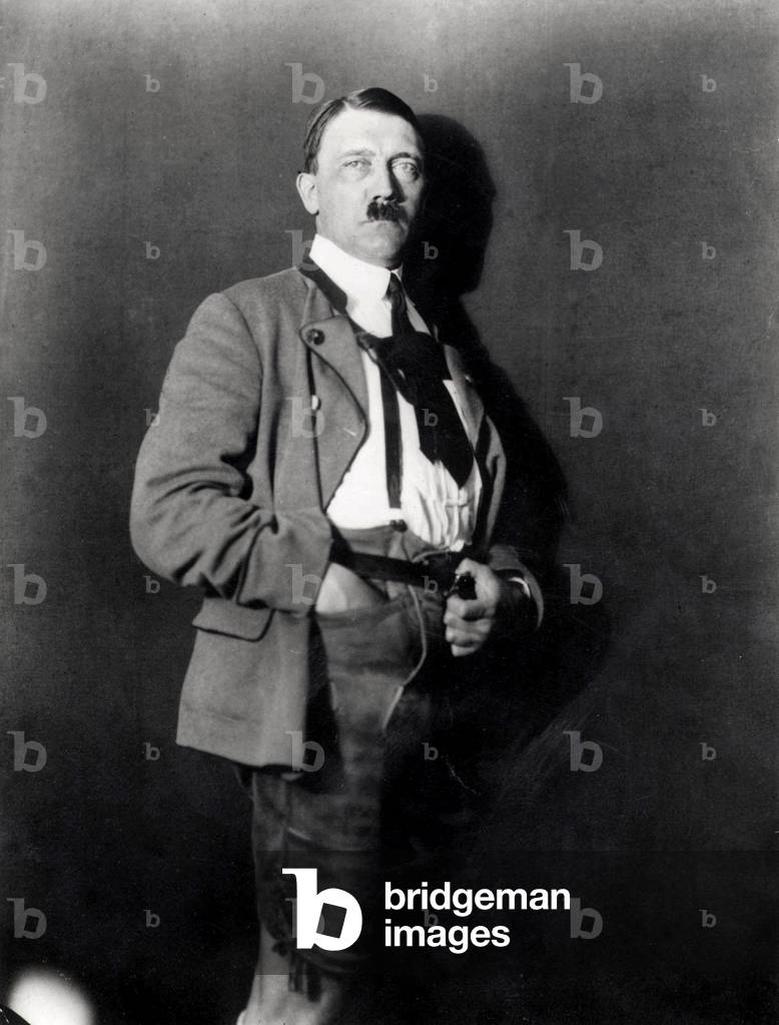
The context of this speech is vital for understanding its intent and urgency. By April 1942, the war’s tide was turning against Germany. The eastern front had stalled without decisive success. The Battle of Stalingrad was looming a few months ahead. The British had halted German advances at El-Alamein, and the United States had officially entered the war against Germany. Within this environment of increasing pressure, Hitler demanded that legal authorities fully support the war effort. He criticized what he saw as lenient punishments, citing a hypothetical case of a man who abused his wife to the point of her death, receiving only five years in prison. In Hitler’s view, such offenders should instead be mobilized for military service to defend the Reich.
The full quotation from the speech illuminates his rationale:
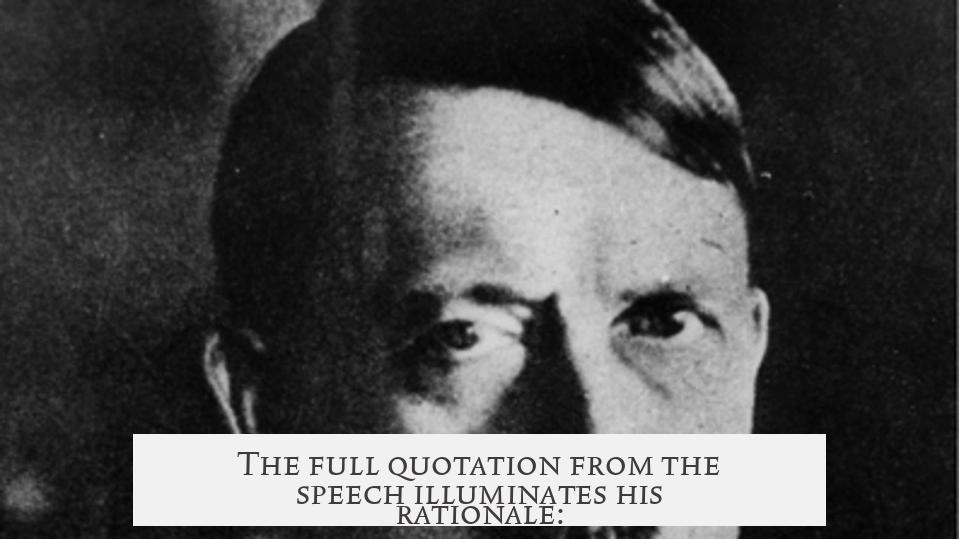
“Furthermore, I expect the German legal profession to understand that the nation is not here for them, but that they are here for the nation; that is, the world, which includes Germany, must not decline in order that former laws may live, but that Germany must live, irrespective of the contradictions of formal justice. … From now on, I shall intervene in these cases, and remove from office those judges who evidently do not understand the demands of the hour.”
This statement served as a clear threat towards judges perceived as obstructing Nazi priorities. The speech authorized the intervention in judicial decisions that clashed with national interests as defined by Hitler. Judges who failed to conform faced removal, signaling the collapse of even nominal judicial independence during the peak years of Nazi rule.

Less than a month later, on May 23, 1942, Hitler revisited the matter in a speech to Nazi Party leaders. He insisted that the party should not interfere with judicial proceedings. He emphasized that no pressure or interference should be placed on legal actors, suggesting an official stance supporting judicial autonomy. However, the practical reality contradicted this statement. The Nazi regime did not ensure true judicial independence. Courts, particularly the infamous People’s Courts, operated under the principle of “working towards the Führer.” This meant judges aligned their rulings to suit Hitler’s directives without consistent external pressure.
Overall, the 1942 speech illustrates a turning point where Hitler openly rejected traditional legal norms in favor of ideological and militaristic goals. It reflected the broader Nazi policy that the state’s survival and ideology trumped legal principles. The threat to remove judges underlined the totalitarian control exerted by the regime over all branches of governance.
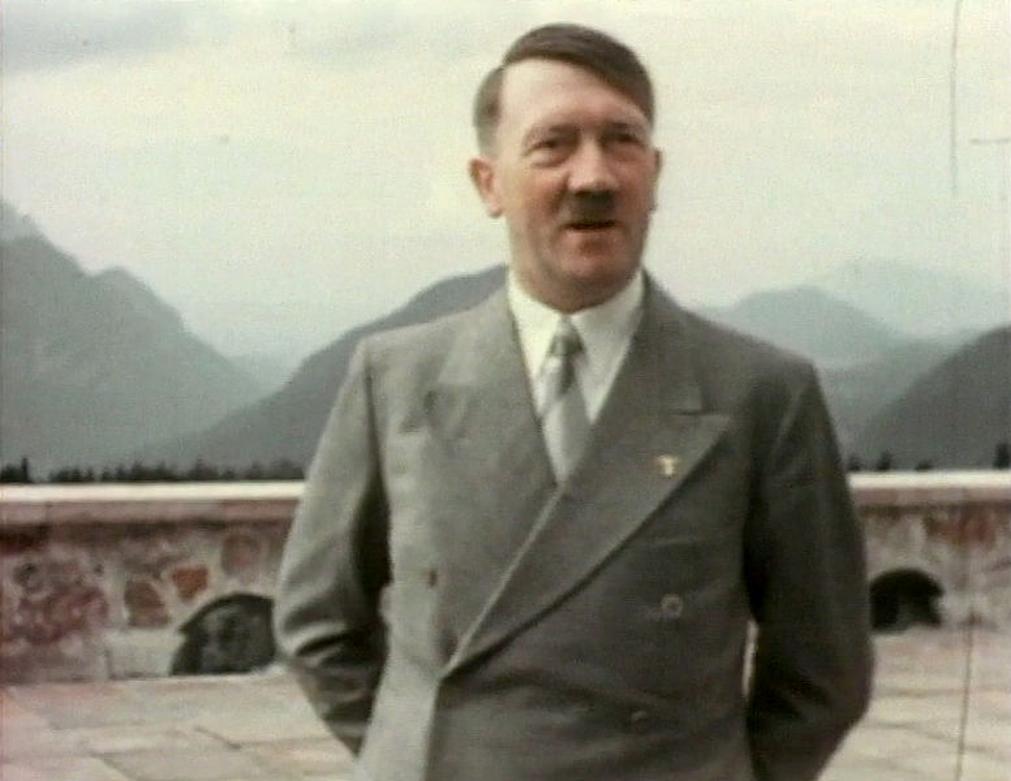
| Date | Event | Significance |
|---|---|---|
| April 1942 | Hitler’s speech on removing judges | Demanded judges prioritize national survival over formal justice; threatened removal of non-compliant judges |
| April 27, 1942 | Speech published in Völkischer Beobachter | Spread Nazi message to legal profession and public |
| May 23, 1942 | Hitler’s speech to Nazi Party leaders | Officially discouraged party interference in judiciary; contradicted by regime practices |
- The speech occurred in a wartime crisis context, pressuring legal norms.
- Judges were instructed to sacrifice legal autonomy for ideological conformity.
- Despite Hitler’s later statements, judicial independence eroded under Nazi rule.
- The speech reveals how Nazi totalitarianism extended into the legal system.
When Did Hitler Make This Speech About Removing Judges Who Didn’t Align with His Ideology?
Hitler made this infamous speech in April 1942, when he declared he would intervene and remove judges who did not understand the “demands of the hour.” This moment, captured primarily in the Reichstag records and the Nazi newspaper Völkischer Beobachter dated April 27, 1942, reveals his blunt stance on legal compliance with the Nazi war effort and ideology.
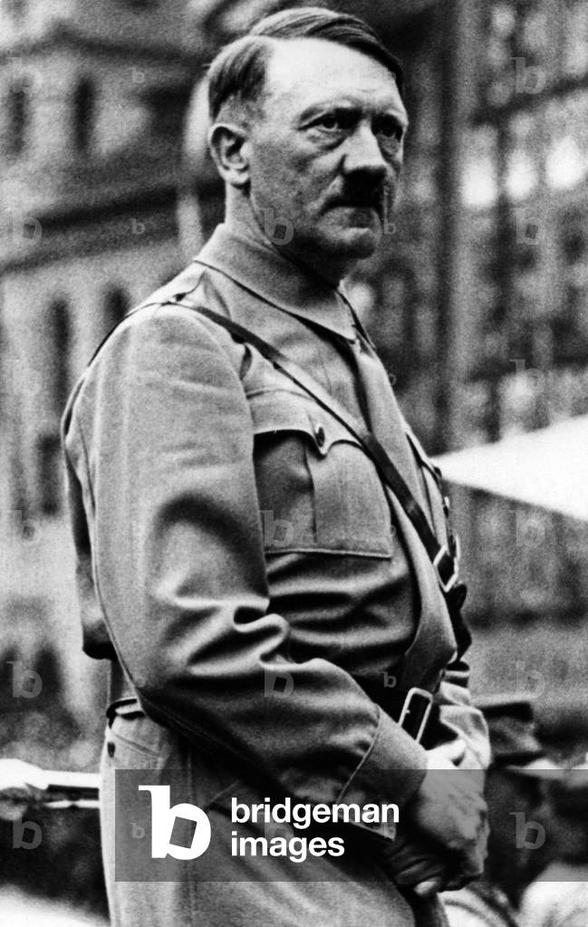
But why April 1942? To grasp the full context of Hitler’s words, we must zoom in on what Germany faced at that particular time.
The Key Speech in Context
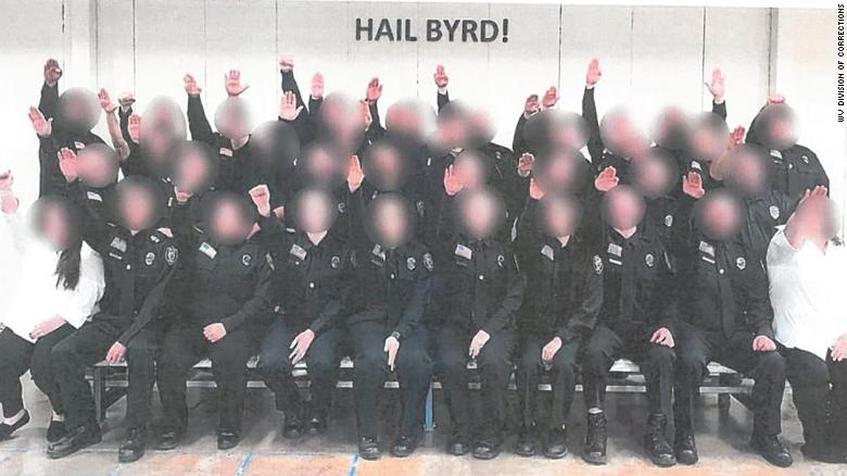
By early 1942, World War II had taken an ominous turn for Germany. The initial blitzkrieg successes were stalling. The Soviet Union was proving far tougher than expected, and the battle of Stalingrad loomed ominously in the coming months. The war’s eastern front, which Hitler had hoped would swiftly collapse, was dragging on with huge German casualties about to come. Meanwhile, the US had entered the war, opening a massive new front against Nazi Germany.
Against this backdrop, Hitler’s focus shifted intensively towards national survival through an all-consuming war effort. His April 1942 speech delivered in the Reichstag wasn’t just about law and justice; it was about subjugating everything—including the legal system—to the war. In his words:
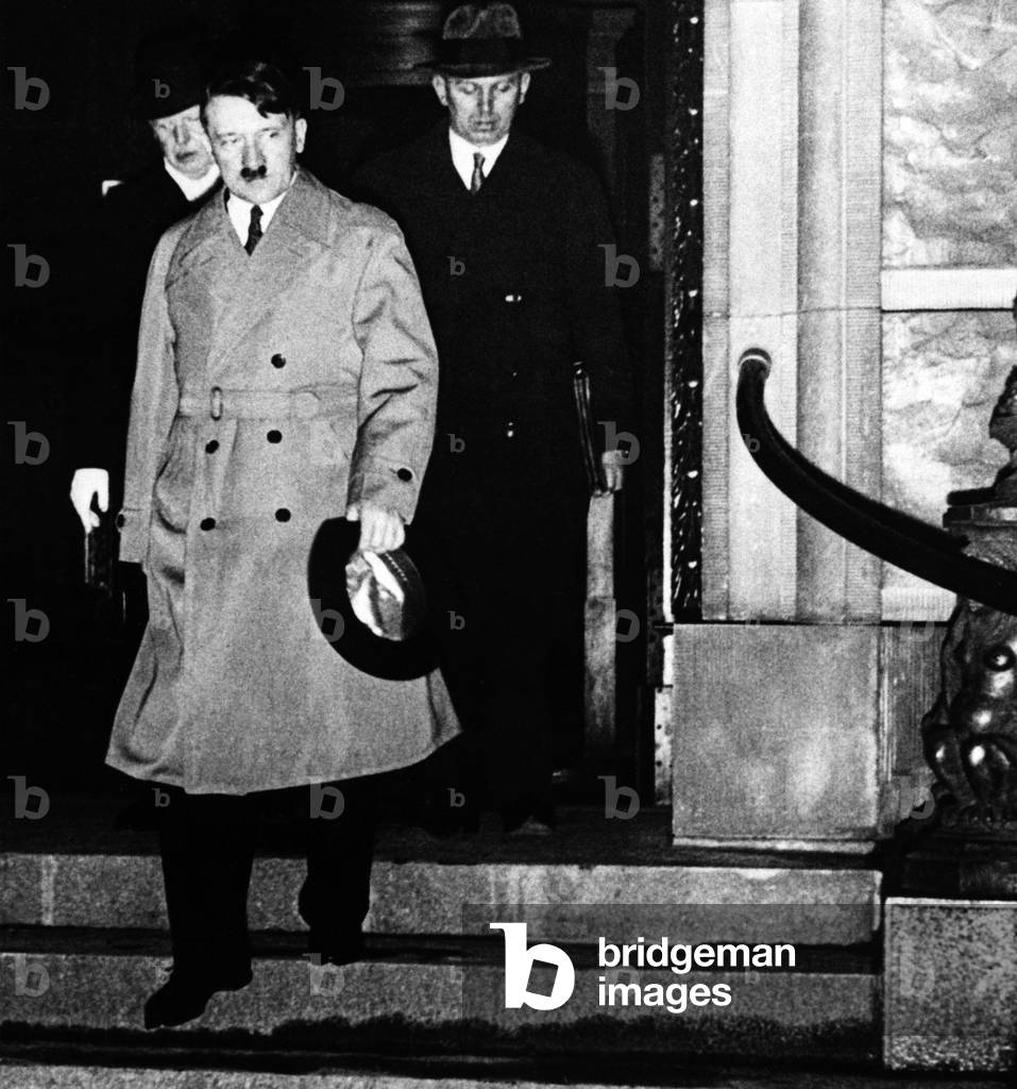
“Furthermore, I expect the German legal profession to understand that the nation is not here for them, but that they are here for the nation; … Germany must live, irrespective of the contradictions of formal justice.”
Hitler cited a hypothetical criminal case: a man who abused his wife so severely that she became insane and then died. This man received a five-year prison sentence. Hitler found this sentence frivolous given the scale of sacrifice demanded from German soldiers fighting to “save the homeland.”
His solution? He would personally intervene and remove judges who didn’t align with what he termed “the demands of the hour.” Essentially, judges who stuck to conventional law and justice, rather than the war-driven, ideological dictates of the Nazi regime, would be ousted.
The Origin and Reality of the Quotation
This chilling passage often circulates online, but investigations tracing it back show it primarily comes from a 2004 article by legal scholar Hans Petter Graver. Graver referenced a 1951 volume titled Trials of War Criminals Before the Nuremberg Military Tribunals (volume 3, page 50), which cites the Reichstag records and Nazi newspaper reports.
So where exactly was this speech documented? The primary source for this quotation is Reichstag record NG-752 and the Nazi propaganda newspaper Völkischer Beobachter of April 27, 1942. These sources confirm Hitler’s declaration that he would intervene against judges who opposed the national struggle.
Interestingly, just a month later on May 23, 1942, Hitler made a less-known speech to Nazi Party leaders. Here, he declared the party should not directly interfere with the judiciary’s functioning. He forbade pressure or interference in legal proceedings, simultaneously stressing a dual message: public insistence on judicial independence while in practice enforcing strict ideological conformity.
Judicial Independence Was More Illusion Than Reality
Despite Hitler’s public claim to respect judicial independence, legal scholars like Graver argue this was more window dressing than reality. The Nazis rarely showed genuine respect for the courts. Instead, their judicial system evolved into one that worked emphatically “towards the Führer,” a phrase historian Ian Kershaw coined to describe how courts served Hitler’s will.
The People’s Courts, infamous for political prosecutions and death sentences, underscored how legal processes became mere tools of Nazi terror. Judges who resisted the regime’s ideology were sidelined or removed. Still, outright purges of the judiciary weren’t as widespread as might be imagined because many judges complied willingly or at least passively with Nazi demands.
Why Does This Speech Matter Today?
We live in times when judicial independence is a cornerstone of democratic societies. Hitler’s 1942 speech serves as a stark historical example of how legal systems can be subverted when rulers prioritize ideology and power over law and justice.
It’s striking to note how Hitler framed the judiciary’s role as serving the nation first—even at the cost of justice and fairness. He demanded sacrifice from judges just as much as from soldiers. This speech explains how the Nazi regime justified sidelining laws that protected individual rights.
Lessons and Reflections
- Legal institutions must remain independent to prevent concentration of power.
- Judges who fail to uphold impartial justice can become pawns in authoritarian regimes.
- Historical scrutiny helps debunk myths—for example, the speech’s quotation’s path from post-war trial transcripts to modern myth.
Ask yourself: How can societies today guard against similar erosions of judicial fairness? What pressures do courts face when national emergencies strain democratic norms? Hitler’s speech about removing judges who didn’t align with his ideology offers a sobering case study.
In Conclusion
The speech delivered by Adolf Hitler in April 1942 marks a chilling moment when the German leader explicitly threatened to remove judges who resisted his ideological war policies. The full quotation appears in Nazi archives and has been researched thoroughly by legal historians, clarifying common misconceptions about its origins and impact.
While Hitler publicly promised non-interference in the judiciary a month later, the reality was that Nazi courts increasingly catered to the regime’s needs. This historical episode reminds us today just how fragile the rule of law becomes when political powers prioritize ideology and military objectives over justice.
